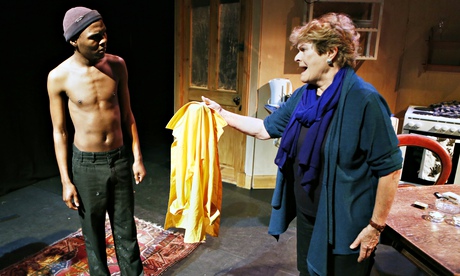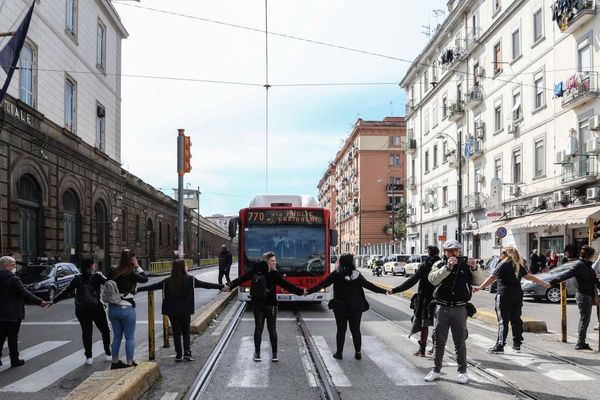
Dame Janet Suzman’s remarks that theatre is “a white invention, a European invention and white people go to it” tell us more about the limits of knowledge – hers in particular – than anything else. “I’ve just done a South African play,” Suzman added, in comments reported yesterday: “My co-star is a young black man from the slums of Cape Town. Totally brilliant actor. I saw one black face in the room, at the Print Room. I rail against that and say, why don’t black people come to see a play about one of the most powerful African states?”
I recognise in those words the riposte of an exhausted producer who has had enough of low audience turnout. If your idea of “build it and they will come” does not quite pan out, what better to do than turn on the audience? It’s an age-old reaction and can be put down to just that in most circumstances.
But for Suzman, a champion of black rights in apartheid South Africa, and niece of the great apartheid champion Helen Suzman, to have stated that “white people go to the theatre, it’s in their DNA” reminds us of the bad old days of eugenics, and worse.
Frustration is no excuse for what is – at face value – a racist assessment: racist about white people (they have a special theatre DNA?), and above all about black people. It may have been a casual remark, a cliched assessment, but its impact – coming from a distinguished actor/director of a distinguished civil rights family – is shameful. I hope that Suzman recants what she has said, and takes time out to do what most theatre-makers do when a production is failing to find an audience: check your repertoire. Maybe what you’re offering is simply not what the people want.
Theatre does not have one simple definition, of course. People of African and Asian descent have been making it for thousands of years, in open spaces, in temples and on the road.
My direct ancestors – African American slaves and freedmen and women – made theatre in the European tradition, from early on. For example, the African Grove Theatre, founded by William Henry Brown and James Hewlett, travelled throughout the Caribbean, performing Shakespeare to enslaved people working the tobacco plantations and the murderous sugar cane fields.
The first play written by an African American – The Drama of A Stowaway –was presented by them, in 1823. It was a success, playing to black and white audiences alike, but mostly black. My instinct is that the play spoke to something the audience knew, in the language they knew, and allowed them to find a human space within their tragic experience.
The African Grove’s base in New York City was subject to police raids, harassment and white opposition. The company moved to the Lower East Side, within the black community, but harassment forced them to close.
I find this story particularly moving because it reflects what happens to the work of Asian, black, Chinese and First Nations theatre in the west. It is the first to be cut when times are hard; the first to not appear in the canon; the first not to be reviewed when space is limited. In some ways it is boring to recount these travails over and over, but they don’t go away. They are always there.
I have been making theatre ever since I wrote school plays as a child; and I have been in the theatre as a professional ever since I studied playwriting with David Mamet in my native Chicago in the 1970s. What non-white writers, actors, directors and producers are subjected to is what I call “impification”. This word refers to the little black children in Renaissance paintings, of whom John Ruskin said that the sole reason for their existence was to be there. Theatre in the west is controlled by white people and what they want is the “young”, the “new” because then they can mould them, shape them.
To have a mature career as a theatre-maker of colour is practically unheard of, and so a tradition, a way of being, cannot be passed on, cannot be taught. We are always “in development”; “vibrant”; “emergent”. Our voices are at the mercy of others. We must always explain. Start again.
A few years ago, for the wonderful Tricycle Theatre in London, I had the privilege of teaching a programme that I had developed on the Lower East Side of New York, using Shakespeare as a literacy tool. In a small classroom in Brent, in north-west London, I met one day a room full of refugees from Somalia. Shy and withdrawn, they had come to improve their English, and perhaps, for a time, enter another world. I gave them Othello, uncut, unmediated. They had to plunge into the language, the structure, all of it.
And of course, their presentation, their recitation of the verse, was pristine. Because they knew better than I ever could what being a stranger in a strange land was about. They understood, because making theatre is a part of all of us. A human activity. Universal. And everywhere.







